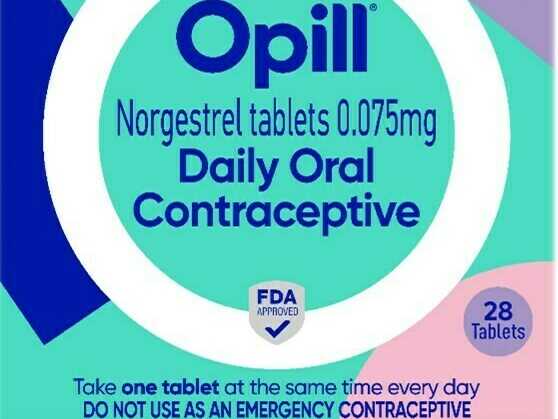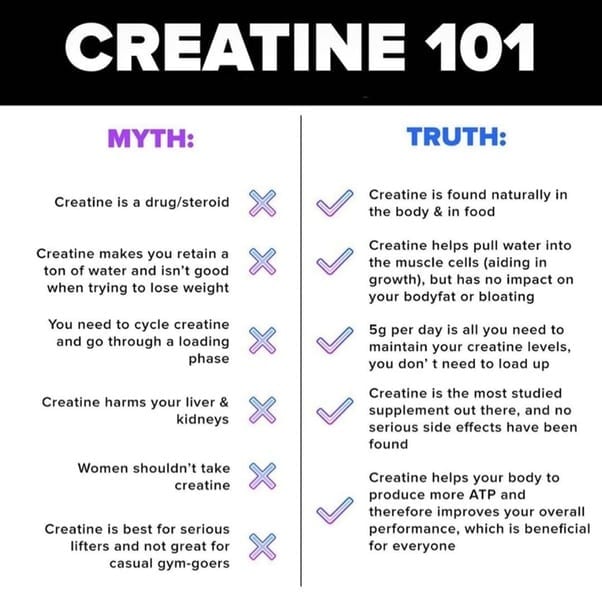The Future Of Family Planning: Examining The Role Of OTC Birth Control Post-Roe

Table of Contents
Increased Accessibility and its Implications
Wider availability of birth control through OTC sales could revolutionize family planning, particularly for underserved populations.
Expanding Access to Contraceptives
Over-the-counter birth control offers several advantages in expanding access:
- Reduced cost barriers: OTC options are typically less expensive than obtaining birth control through a doctor's visit and prescription. This is crucial for low-income individuals and those lacking health insurance.
- Improved convenience: Access is no longer limited by appointment scheduling, doctor availability, or transportation issues. Individuals can purchase contraceptives when and where it is convenient.
- Overcoming geographical limitations: Rural communities and underserved areas often lack sufficient healthcare providers. OTC birth control can bridge this gap, providing essential reproductive healthcare directly to these populations.
- Potential impact on unintended pregnancies: Increased access to birth control is directly correlated with reduced rates of unintended pregnancies, leading to fewer abortions and healthier families.
Empowering Individuals to Take Control of their Reproductive Health
OTC birth control puts individuals firmly in charge of their reproductive health decisions:
- Increased autonomy over reproductive choices: Self-management fosters a sense of control over personal health, allowing individuals to plan their families according to their own circumstances.
- Enhanced self-efficacy in managing health: Taking an active role in managing one's reproductive health promotes a sense of responsibility and empowers individuals to make informed decisions.
- Potential reduction in healthcare system burden: Increased self-management could potentially lessen the load on healthcare providers, allowing them to focus on more complex cases.
Potential for Misinformation and Self-Medication Concerns
While increased access is beneficial, potential drawbacks need careful consideration:
- Need for comprehensive education campaigns: Public awareness campaigns are critical to ensure individuals understand how to use OTC birth control correctly and safely. Clear, accessible information about different methods and their effectiveness is essential.
- Importance of readily available accurate information: Reliable information needs to be readily available through various channels, including online resources, brochures, and consultations with pharmacists.
- Potential role of pharmacists and healthcare professionals in providing guidance: Pharmacists can play a crucial role in educating consumers, answering questions, and addressing concerns regarding OTC birth control options. They can provide valuable guidance and ensure safe usage.
The Role of Pharmacists and Healthcare Providers
The increased availability of OTC birth control necessitates a redefined role for healthcare professionals.
Pharmacists as Key Players in Educating Consumers
Pharmacists will be at the forefront of ensuring safe and effective use of OTC birth control:
- Providing patient counseling: Pharmacists should be trained to provide thorough counseling on the use, efficacy, potential side effects, and contraindications of different OTC birth control methods.
- Answering questions: Addressing patient concerns and providing clear, concise information is vital to promote safe and responsible use.
- Identifying contraindications: Pharmacists need to be able to identify individuals who may not be suitable candidates for certain OTC birth control options due to pre-existing health conditions.
- Managing potential adverse effects: Pharmacists should be equipped to handle minor adverse effects and refer patients to healthcare providers when necessary.
The Evolving Relationship between Patients and Healthcare Professionals
The shift towards greater self-management requires a collaborative approach:
- The role of telehealth in addressing questions and concerns: Telehealth can provide convenient access to healthcare professionals for individuals requiring further information or assistance.
- The importance of ongoing patient education: Continued education is crucial to ensure individuals understand how to use OTC birth control effectively and maintain their reproductive health.
- Streamlining access to follow-up care: Mechanisms should be in place to enable easy access to appropriate follow-up care for any complications or concerns that may arise.
The Economic and Social Impacts of OTC Birth Control
Increased access to OTC birth control can have significant economic and social implications.
Reducing Healthcare Costs
Wider availability of OTC birth control has the potential to lower healthcare costs:
- Lower cost of contraceptives: Directly reduces individual expenses associated with birth control.
- Reduced need for expensive medical interventions associated with unintended pregnancies: Fewer unintended pregnancies translate to fewer costs associated with prenatal care, childbirth, and potential complications.
Impact on Public Health
The implications for public health are substantial:
- Lower rates of STIs: Increased use of effective contraception can contribute to lower rates of sexually transmitted infections.
- Improved maternal and child health: Reduced rates of unintended pregnancies lead to improved maternal and child health outcomes.
- Decreased strain on social welfare systems: Fewer unintended pregnancies translate to reduced strain on public resources allocated to supporting families.
Conclusion
The future of family planning in a post-Roe America is intricately linked to the accessibility of birth control. Making birth control available over-the-counter has the potential to significantly increase access, empowering individuals and improving public health outcomes. However, careful consideration must be given to the potential risks associated with self-medication, necessitating robust educational campaigns and the active participation of pharmacists and healthcare providers. Continued dialogue and proactive strategies are crucial to ensure that OTC birth control access leads to positive and equitable results for all. To learn more about accessing and safely using OTC birth control, consult your healthcare provider or a qualified pharmacist. Understanding the benefits and risks associated with OTC birth control is key to responsible family planning.

Featured Posts
-
 The Future Of Cobalt Congos Quota Plan After The Export Ban
May 15, 2025
The Future Of Cobalt Congos Quota Plan After The Export Ban
May 15, 2025 -
 Wayne Gretzky Fast Facts And Stats
May 15, 2025
Wayne Gretzky Fast Facts And Stats
May 15, 2025 -
 Significant Drop In Us Egg Prices Dozens Now Available For 5
May 15, 2025
Significant Drop In Us Egg Prices Dozens Now Available For 5
May 15, 2025 -
 Padres Fall To Rays In Series Sweep Post Season Implications
May 15, 2025
Padres Fall To Rays In Series Sweep Post Season Implications
May 15, 2025 -
 Is Creatine Safe Exploring The Benefits And Risks Of Creatine
May 15, 2025
Is Creatine Safe Exploring The Benefits And Risks Of Creatine
May 15, 2025
